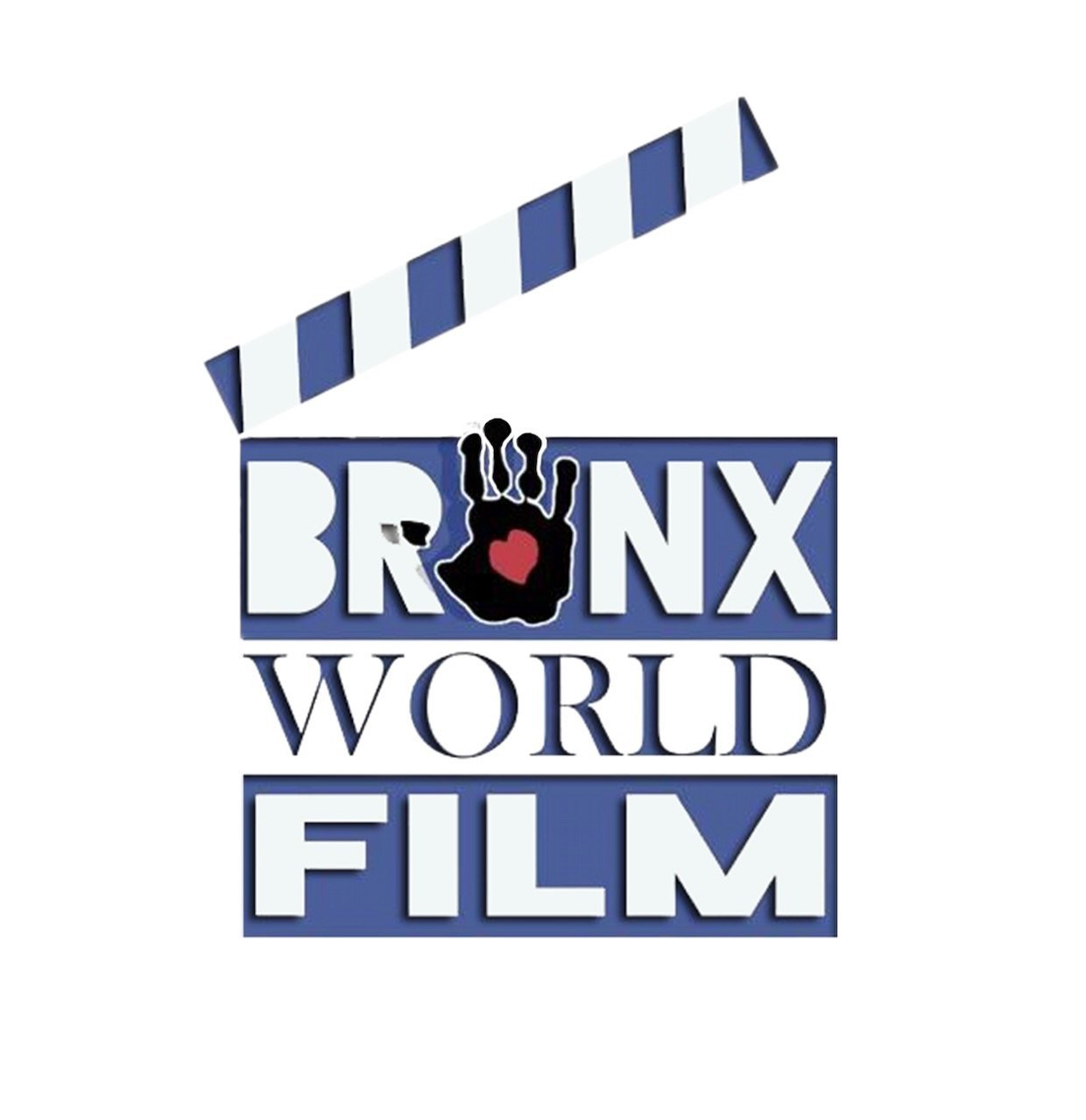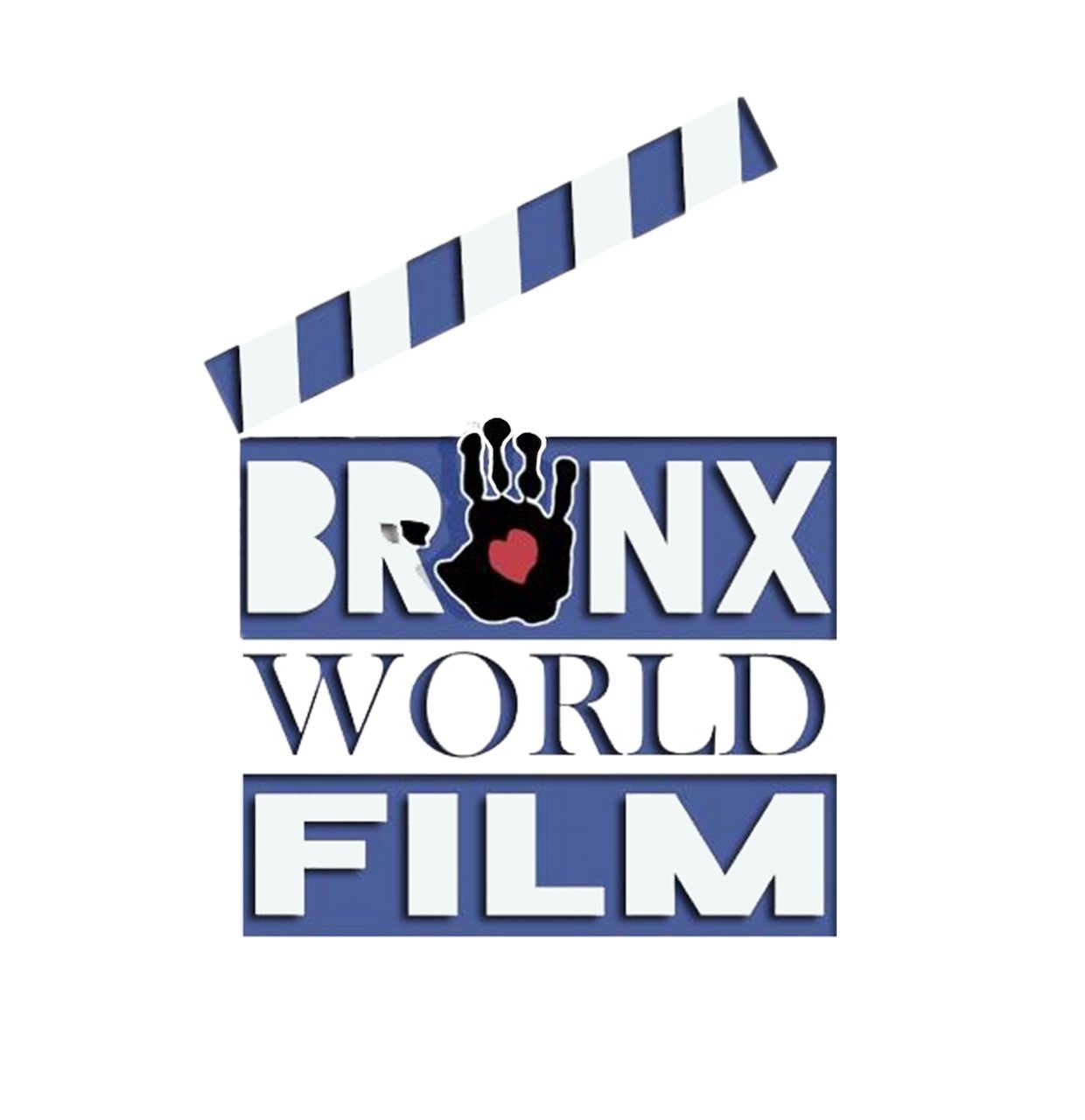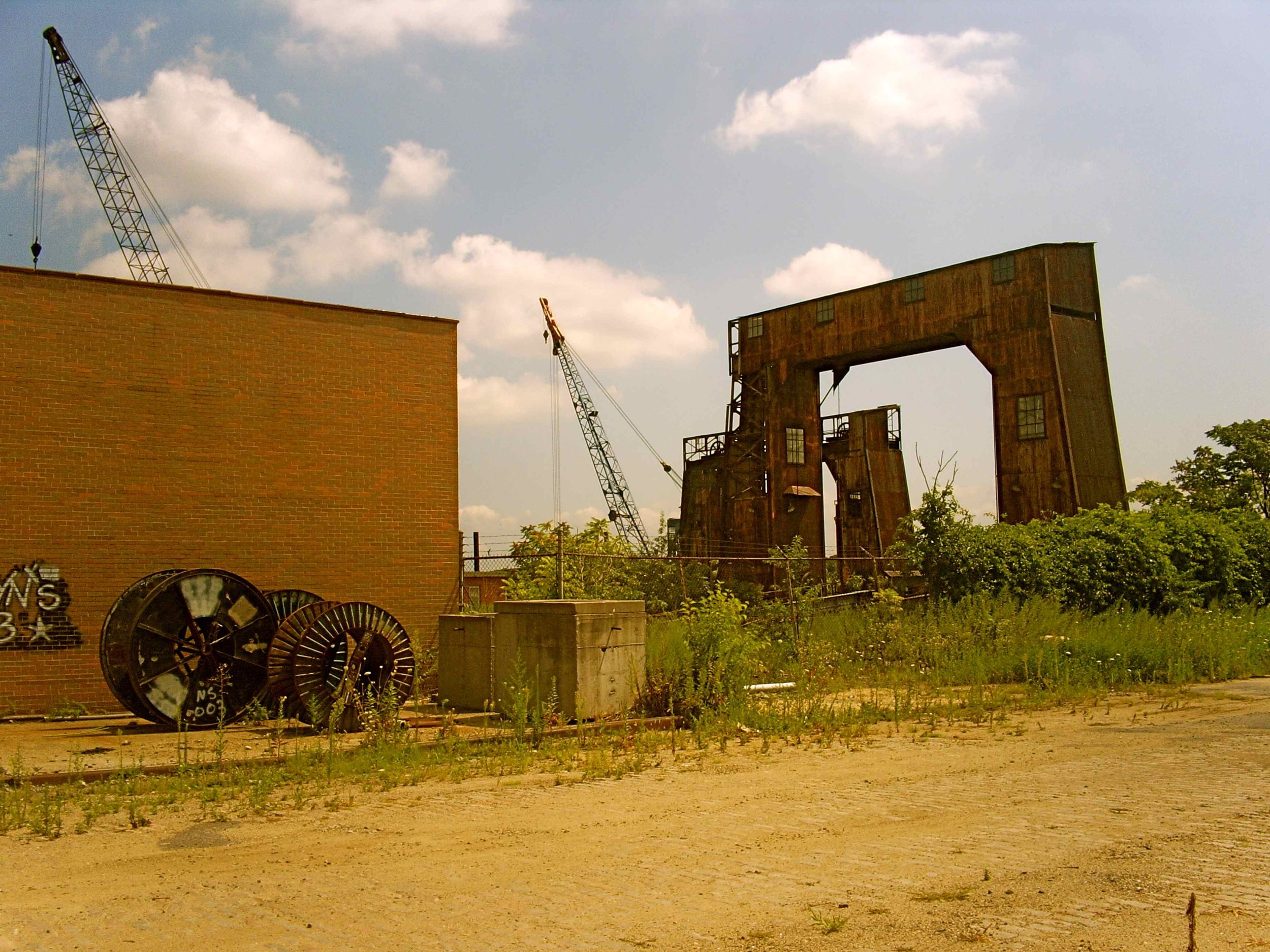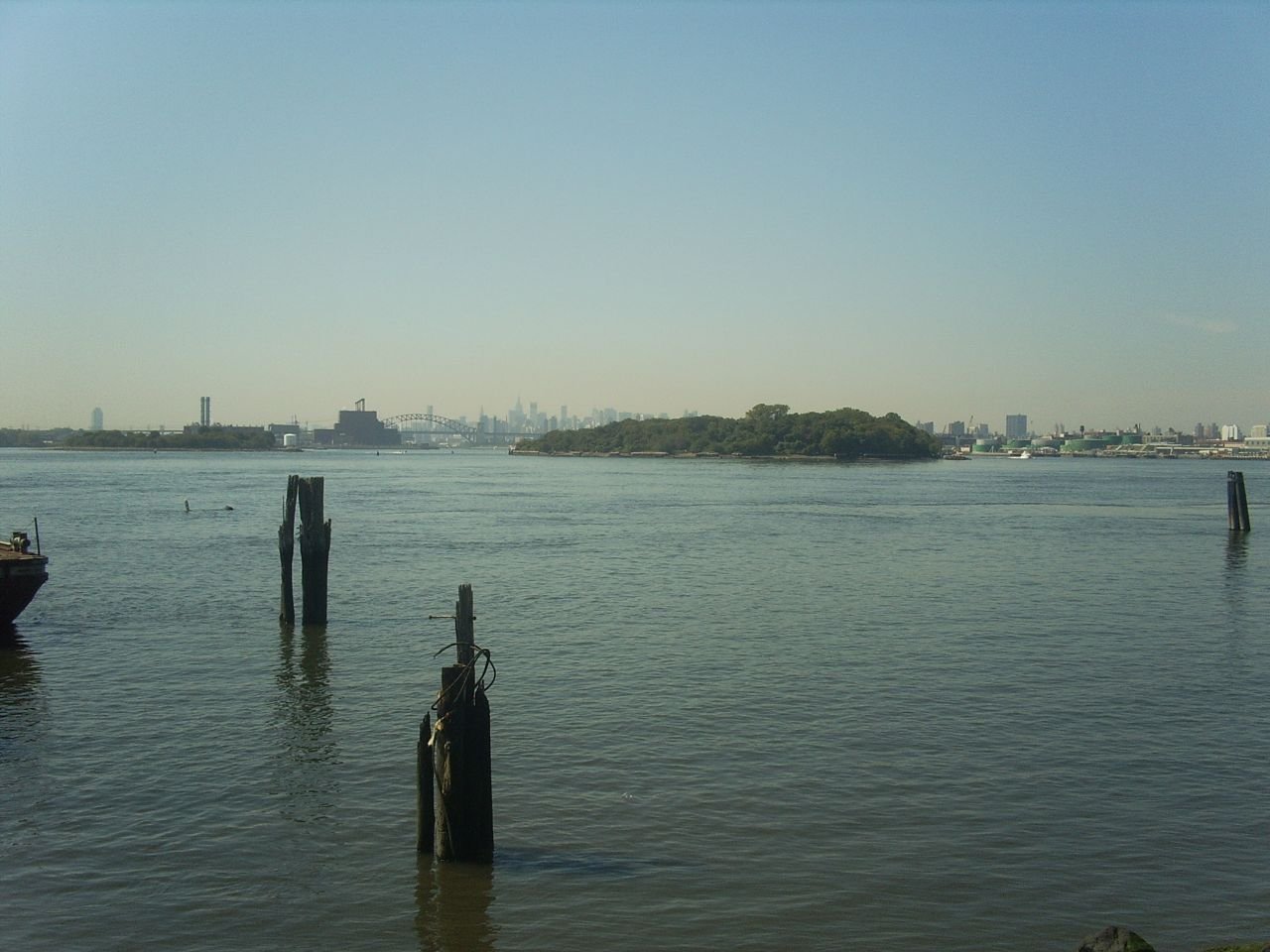Late spring of 2009 finds me, of all places, at Festival de Cannes Short Film Corner (in the basement!) for the premiere of Suzanne Sitelman’s Norman Normal: An American Metamorphosis, in which I play a small role. France has never interested me, much less Cannes for my associations of it with celebrity worship. When a film you’re in screens at the Festival, however, an actor’s reflex takes over, so… I cross the pond!
I’m in a warren of popup screening rooms, a bustling marketplace where film makers hawk their screenings. My eye catches the Digital Film Library. Sign out a computer for an hour, and you get access to the full marquee, sorted by country, genre and school. I begin watching films, one after the other, nonstop. From everywhere. Sharp, gleaming works curated by careful hands. They all have something burning to say.
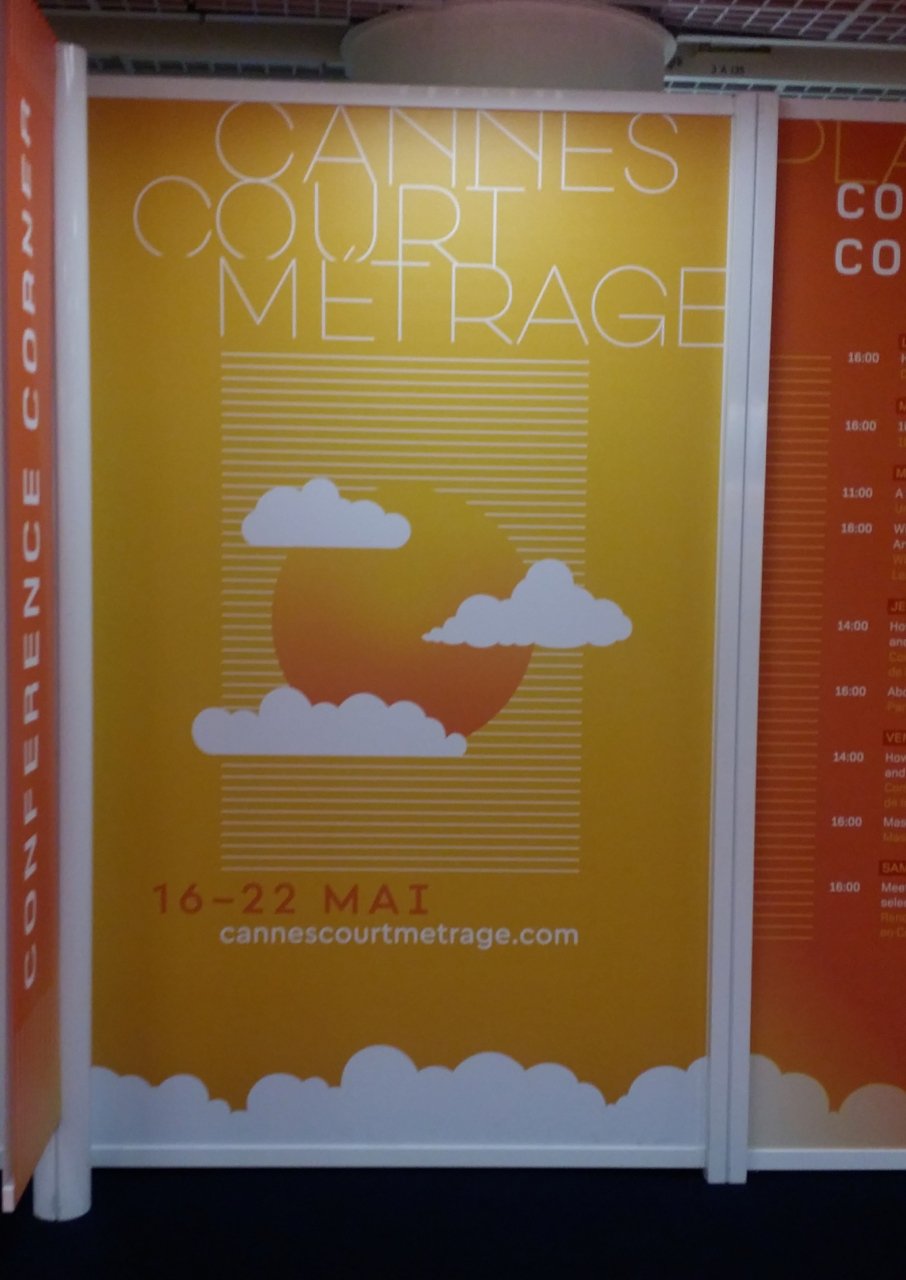
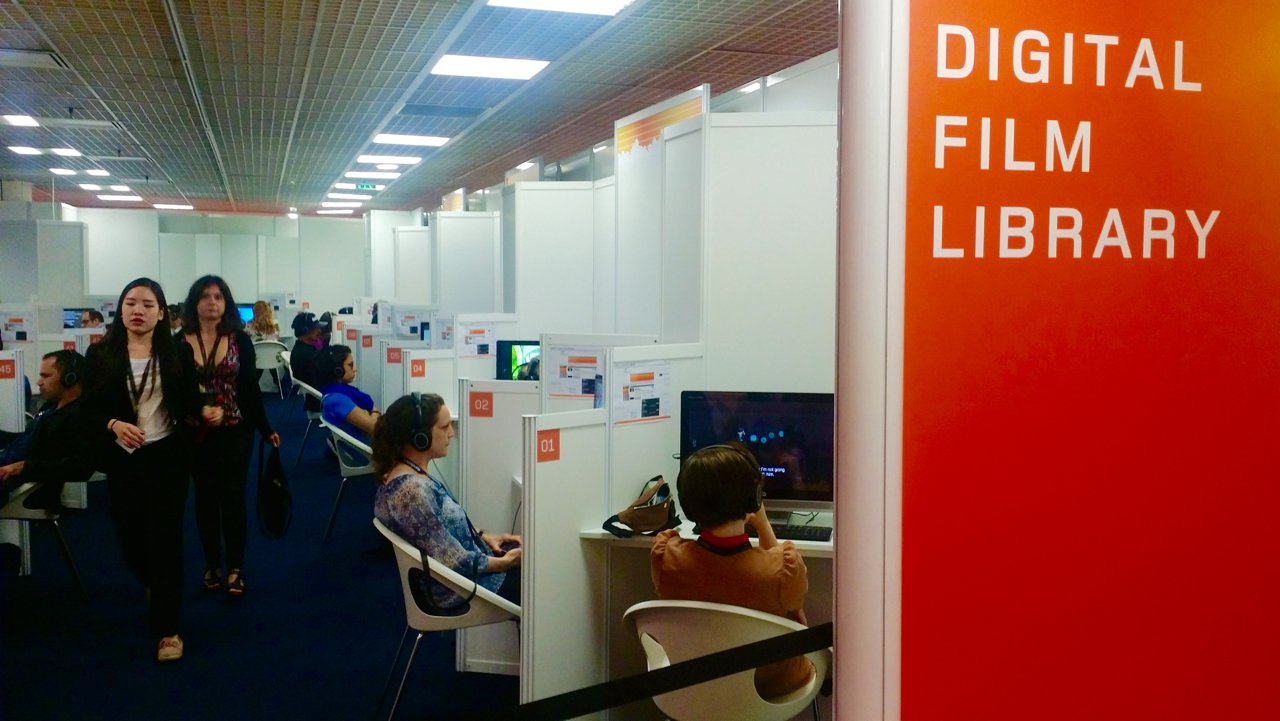
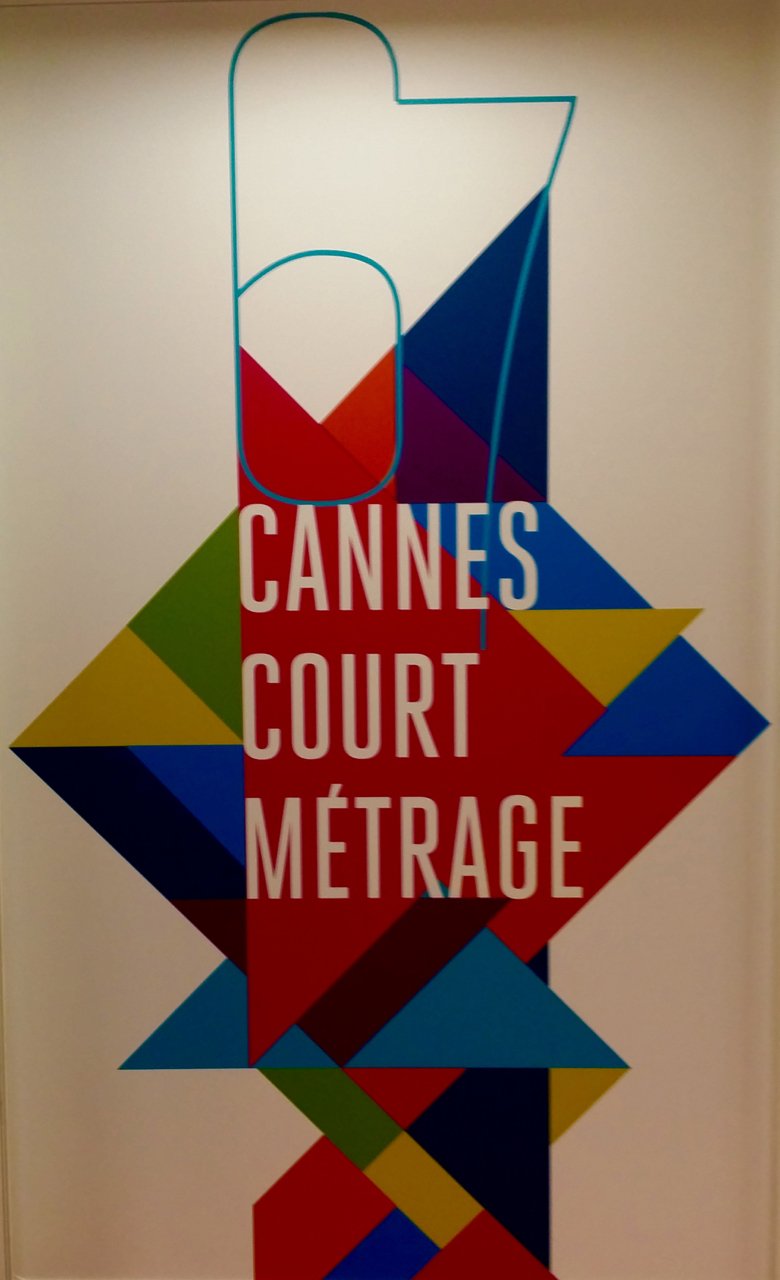
I think: What happens to these gems when the Festival closes? How can they get an extended life so more people can enjoy them? That sets me to planning a screening in New York City. I reach out to film makers whose work I have seen and liked. They ply me with DVDs (it’s 2009, remember?), and I come back home loaded with an armful.
The Bronx is a grave ongoing crisis. It had (still has) the poorest Congressional district in the nation; a large population of people of color, largely young, with slim opportunities locally; a dire scarcity of arts institutions; no art house cinemas (at that time), just one or two commercial-run houses, and little of anything else. As the moment approaches to start seeking venues and partners, I think: We’ll have lots of takers.
Festival de Cannes’ history keeps revealing new layers, in the meantime. I discover the French government created it in response to Mussolini launching the Venice Film Festival and appointing himself Curator. At first, the conservatives in southern France resisted, arguing the Festival was an imposition from Paris. Today it stands in a class alone. It is the world icon of film as art form helping a battered nation and continent re-build; the gold standard of quality; and steward of the humanist spirit with which the French imbue their greatest endeavors, very much alive in the Short Film Corner’s curatorial acumen.
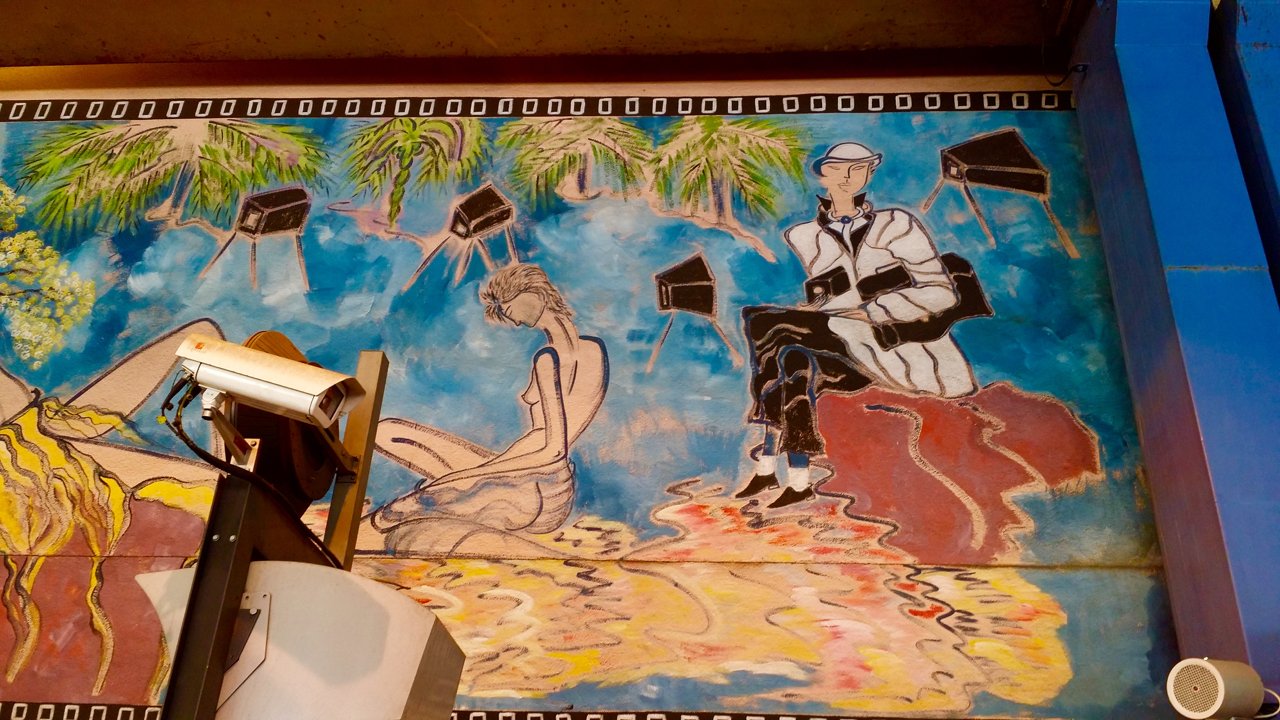
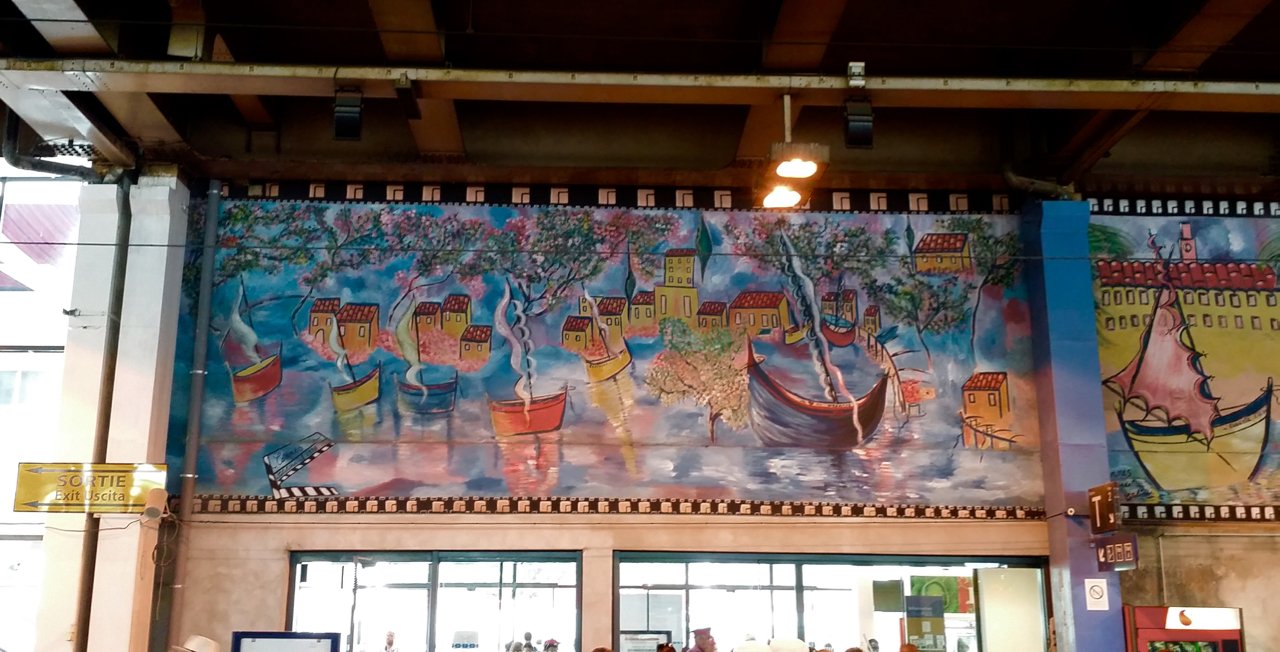
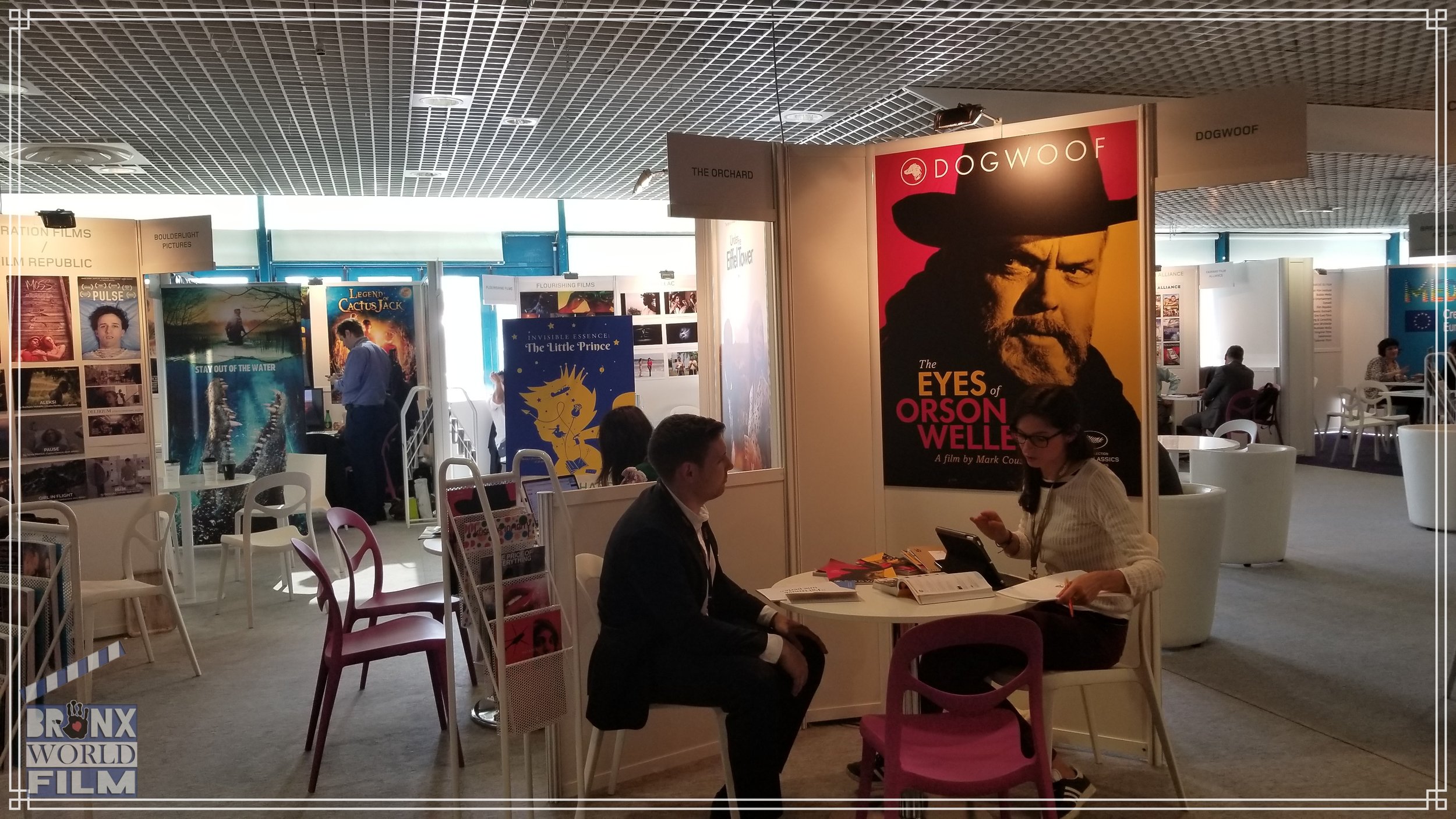
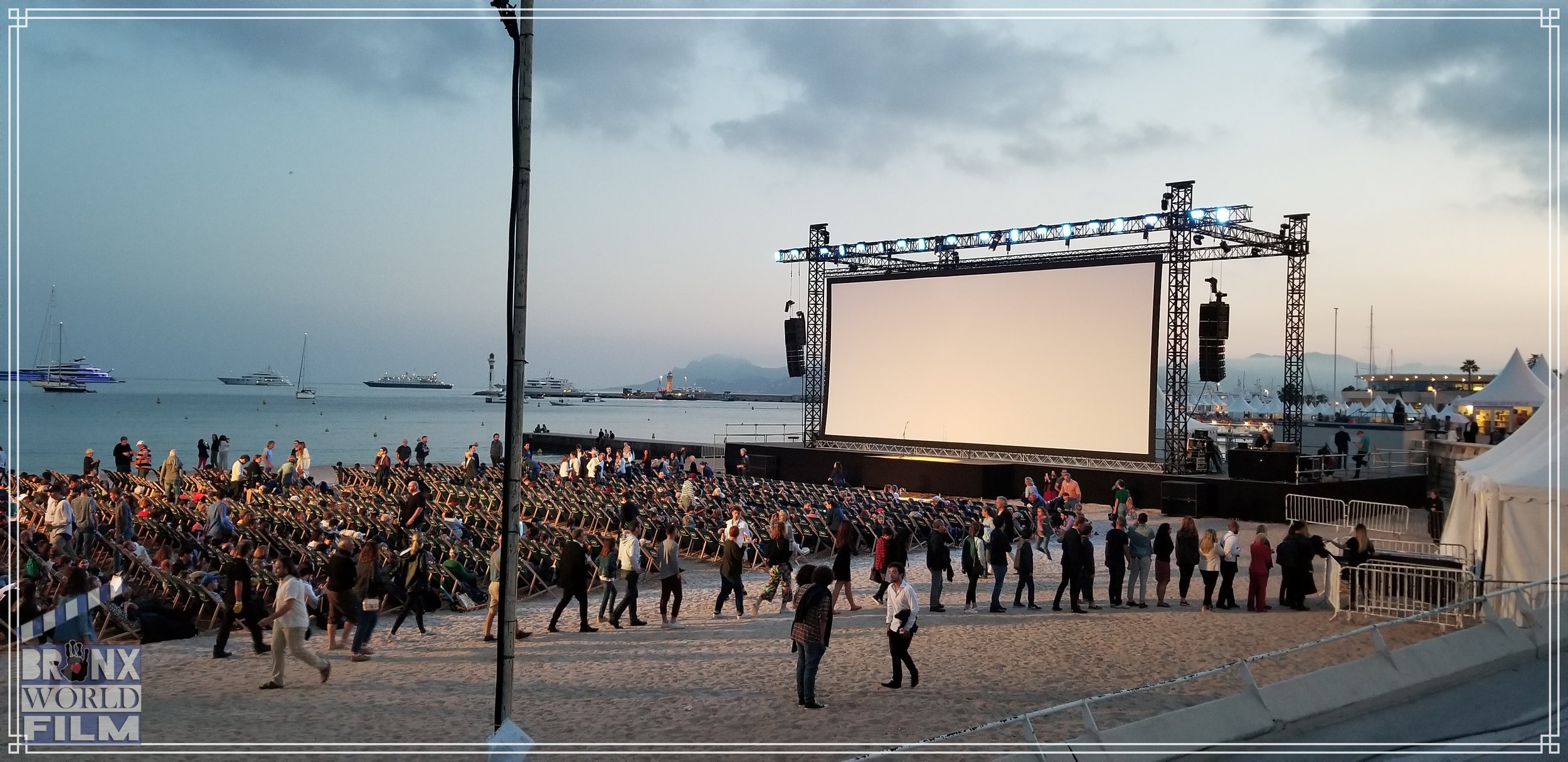
The sapling that sprouted in the basement at Cannes blossoms into the vision of a larger, more urgent organism, a pioneering entity to promote, preserve and (eventually) produce art house film in The Bronx. The borough has no such programming at the time, and no historic memory of the leading role it played in the infancy of film, which merits recognition and revival as a key element of its future. The urgency of new thinking for a massive turnaround in tandem with film as artistic discipline gives birth to a non-profit entity. Thus Bronx World Film, Incorporated comes into existence, with its motto “art house film for integral human development.”
For two solid years, I e-mail, call, visit and reach out to every public institution in this borough that qualifies as a stakeholder in such initiatives, and that therefore seems likely to embrace the vision and support our launch. We reach out to charter schools and organizations, grassroots and private.
It is an intensive and extensive campaign, and it bears no fruit, not a single response or invitation from any quarter. It does reveal indifference, incompetence and corruption at the core of taxpayer-funded institutions accountable to no one. I decide to postpone the initiative until I can find other channels and means by which to carry out the vision.
X
At that precise moment, I meet Ramón Abajo, board member at La Nacional (Spanish Benevolent Society), the organization in Manhattan where generations of New Yorkers have studied flamenco and tango. He overhears me talking about the film project at a farewell party for a mutual friend. He likes it so much he pitches it to the board. A few months later, we have approval. Our two years of preparation serve us well and we launch Bronx World Film, Incorporated in Manhattan in the winter of 2011.
This venerable institution, at the world crossroads of West 14th Street, has given our work the international visibility it deserves, while allowing us to keep growing and advancing in our vision. We are eternally grateful to Ramón Abajo. We are also indebted to Executive Director Robert Sanfiz, who has, at great personal sacrifice, turned La Nacional around and made of it an institution that can hold strong for another 100 years. The partnership means the world to us.
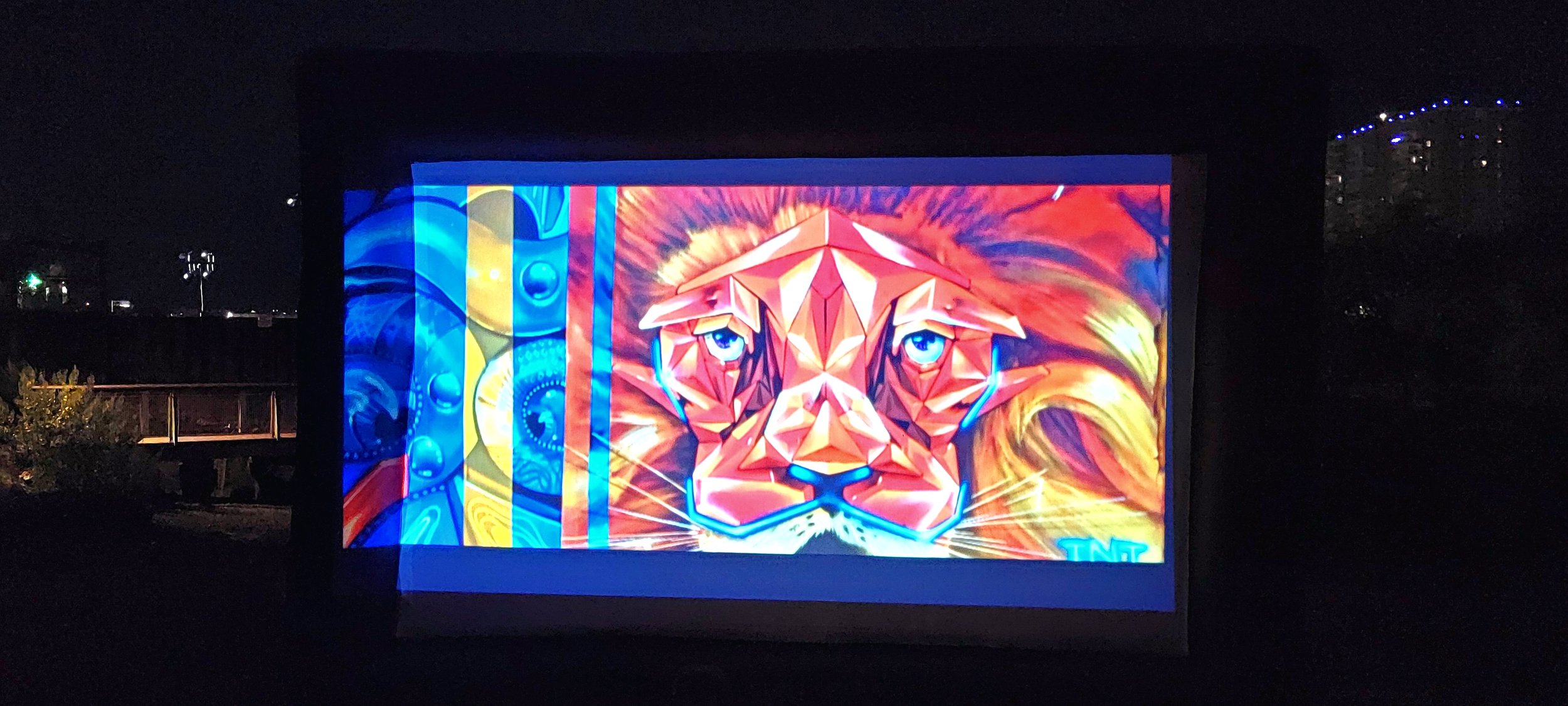
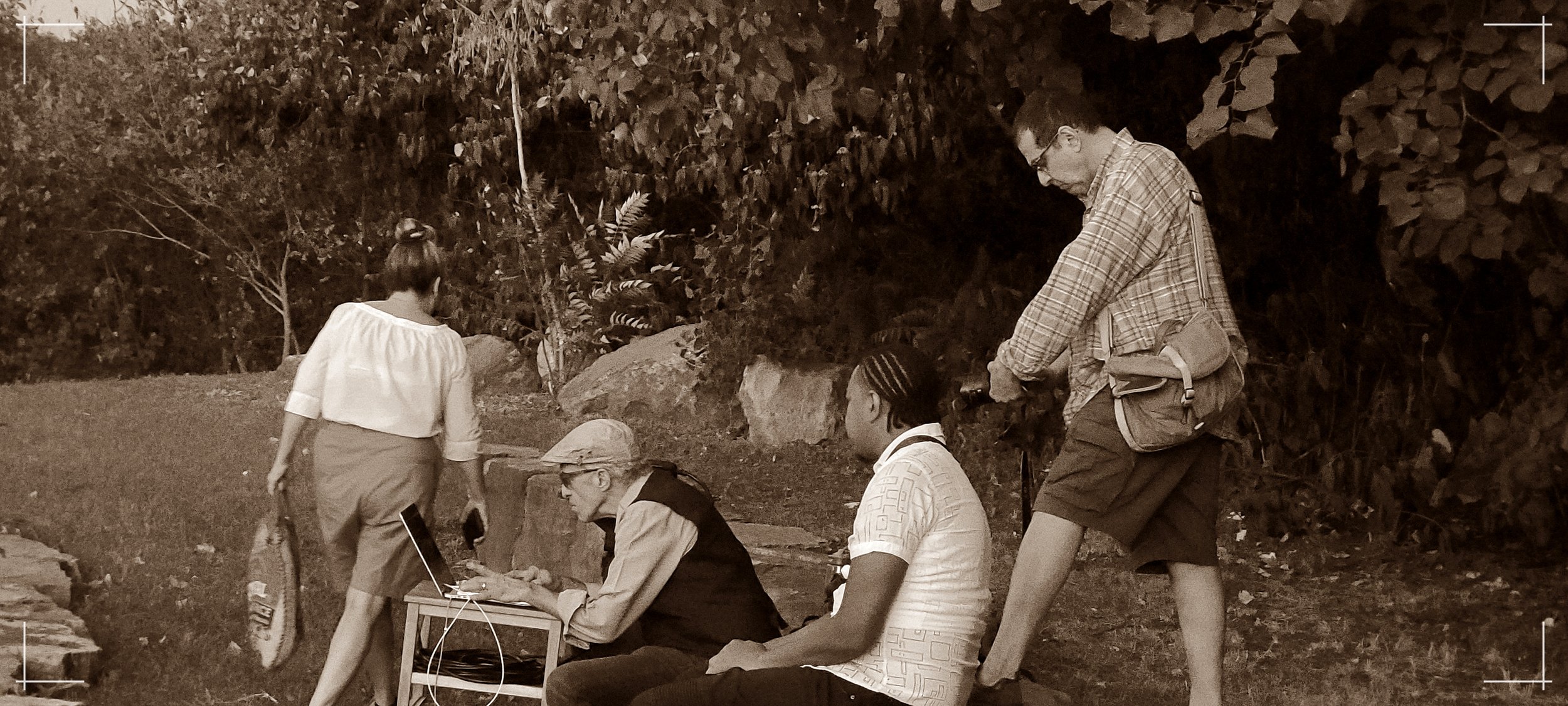
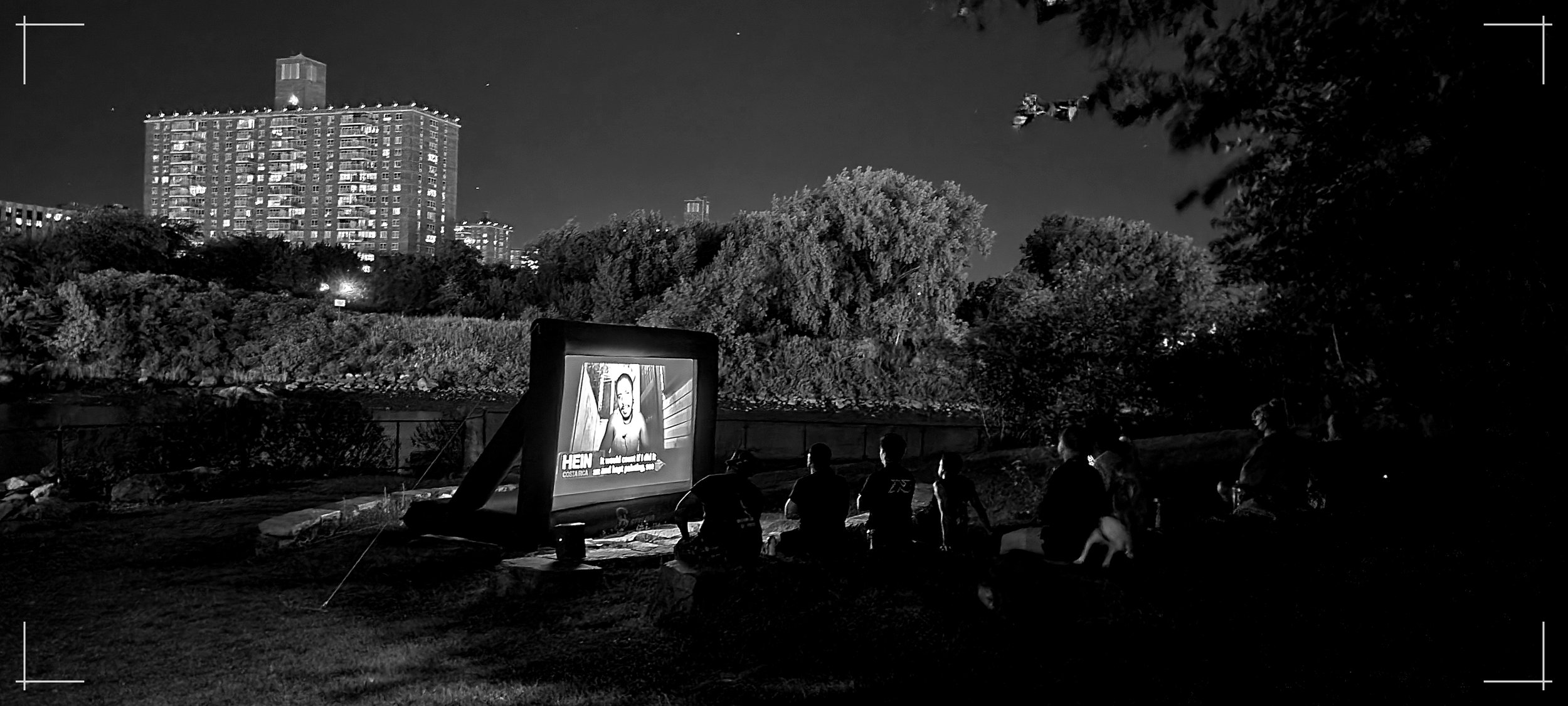
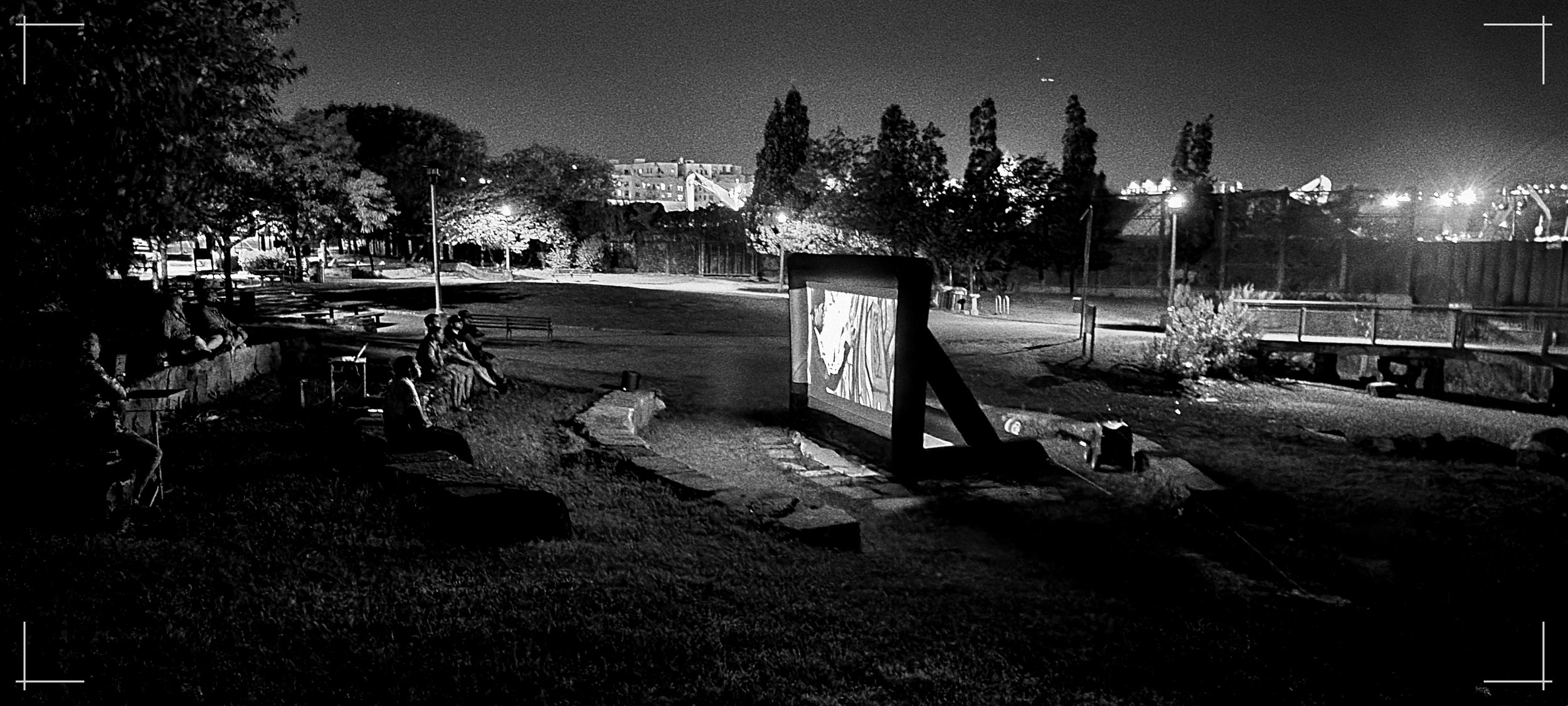
Bronx World Film, Incorporated springs from a model of art house film as a powerful force against cataclysmic upheaval, a force that spins the endless wealth of human narrative into an art form that heals while building strong communities with better skills capable of transcending hardship. We continue with that work, begun in 2009, of filling the void in our communities, creating circumstances for art house to thrive. We have grown despite the odds, building promising alliances and prepared to raise the visibility of our leadership role as The Bronx undergoes its most radical transformation of the last century.
The deeper wellspring of inspiration for this organization dates to my childhood. We lived in the Kingshill district on Saint Croix, U.S. Virgin Islands, with a bird’s-eye view of the great emerald expanse of the Caribbean. My Dad would invite our little buddies and their families over, and show Hekyll and Jekyll films in our backyard. The simple beauty of sharing stories and their magic, with all that comes out of that, gives the spark of life to what we do. We consider a film event a success if audience members walk away feeling transformed and a bit closer to their fellow humans.
Post Scriptum:
This artistically freewheeling, localist and cosmopolitanist organization holds Central American and Bronx filmmakers in special regard, and still finds in Festival de Cannes, Short Film Corner, an important source for the unusual contemporary cinema we always seek for our programming.
Post Post Scriptum:
After his 2009 trip to Festival de Cannes, the author is now an avowed Francophone.
